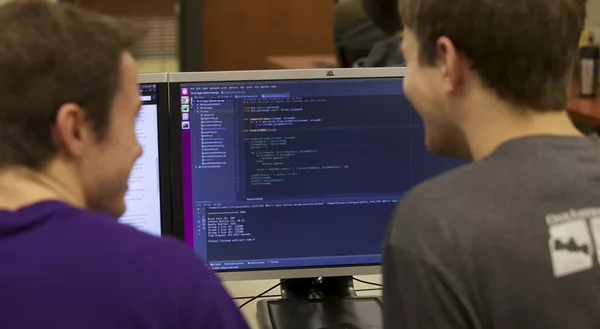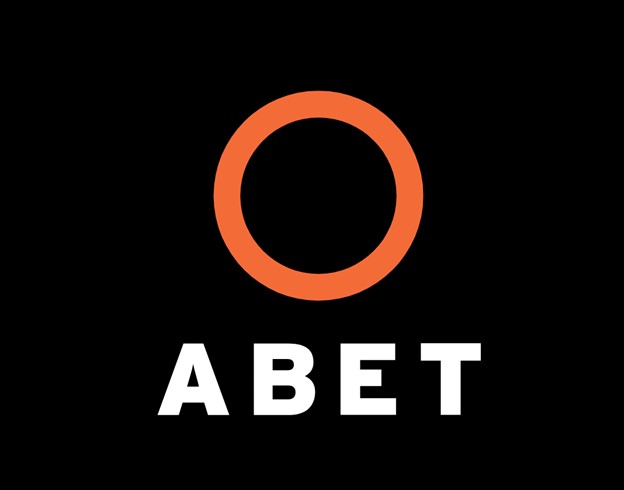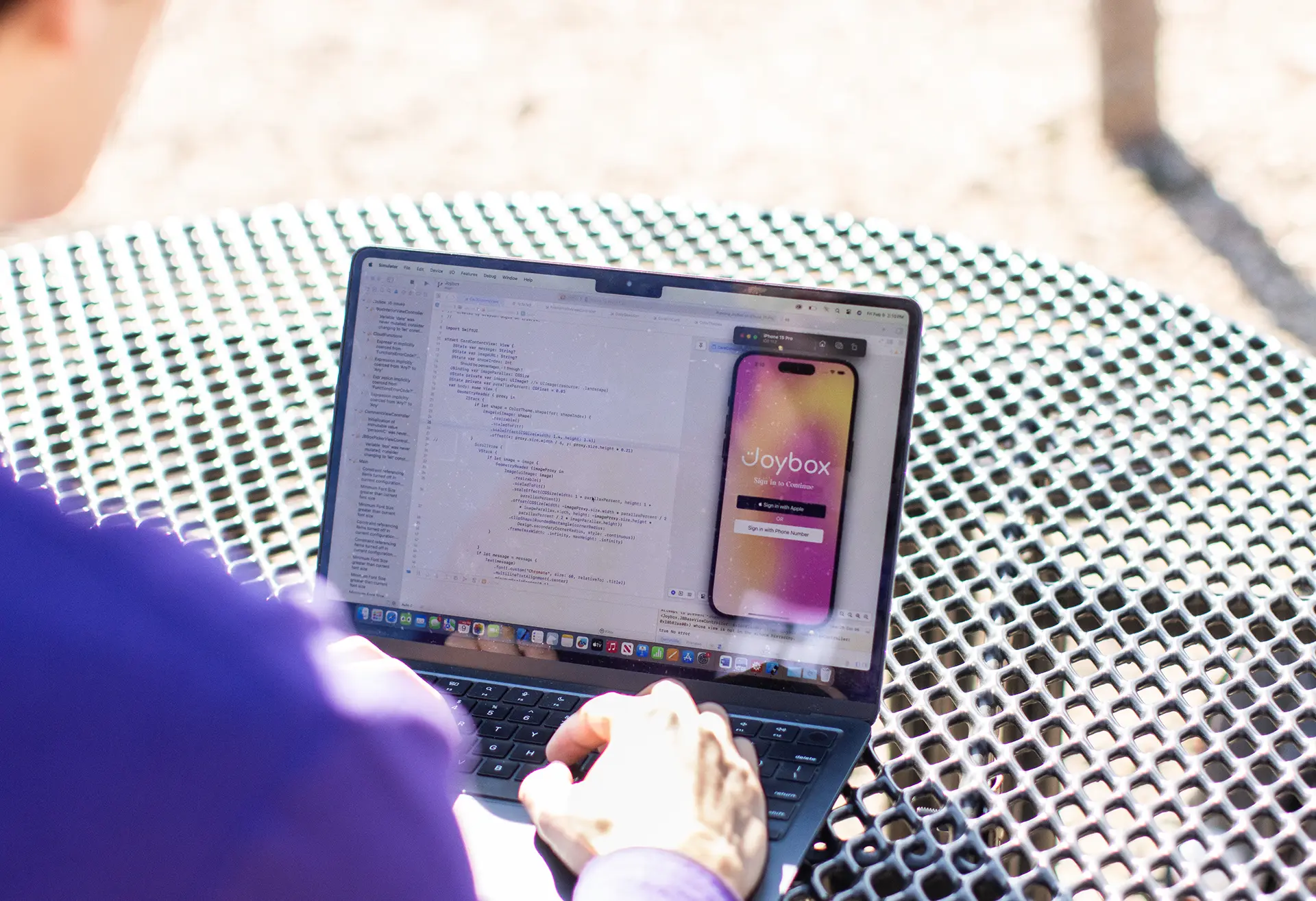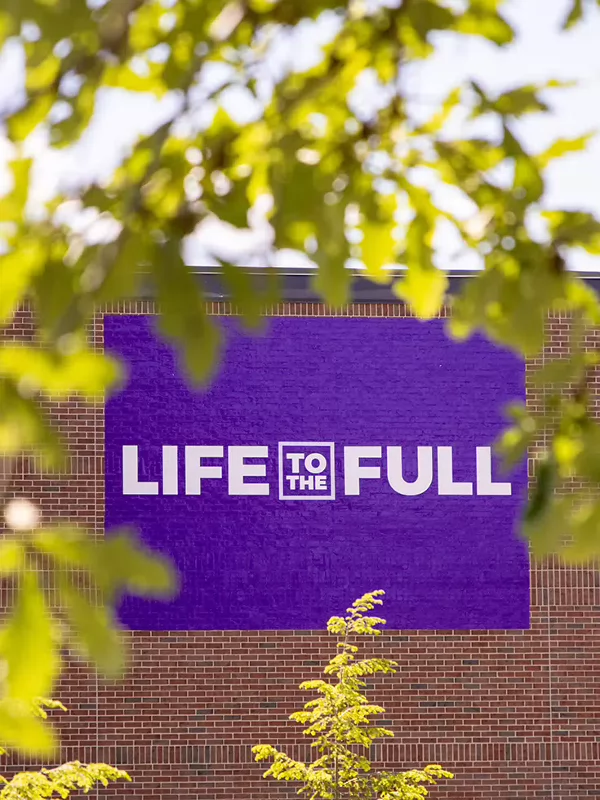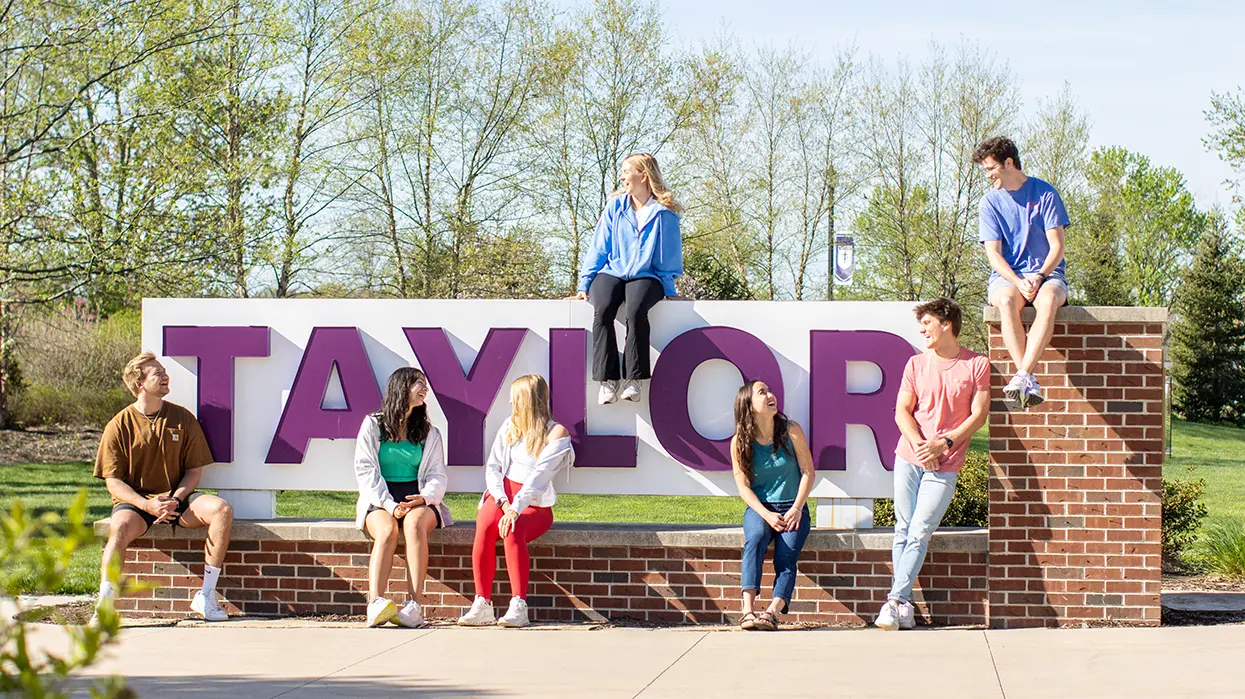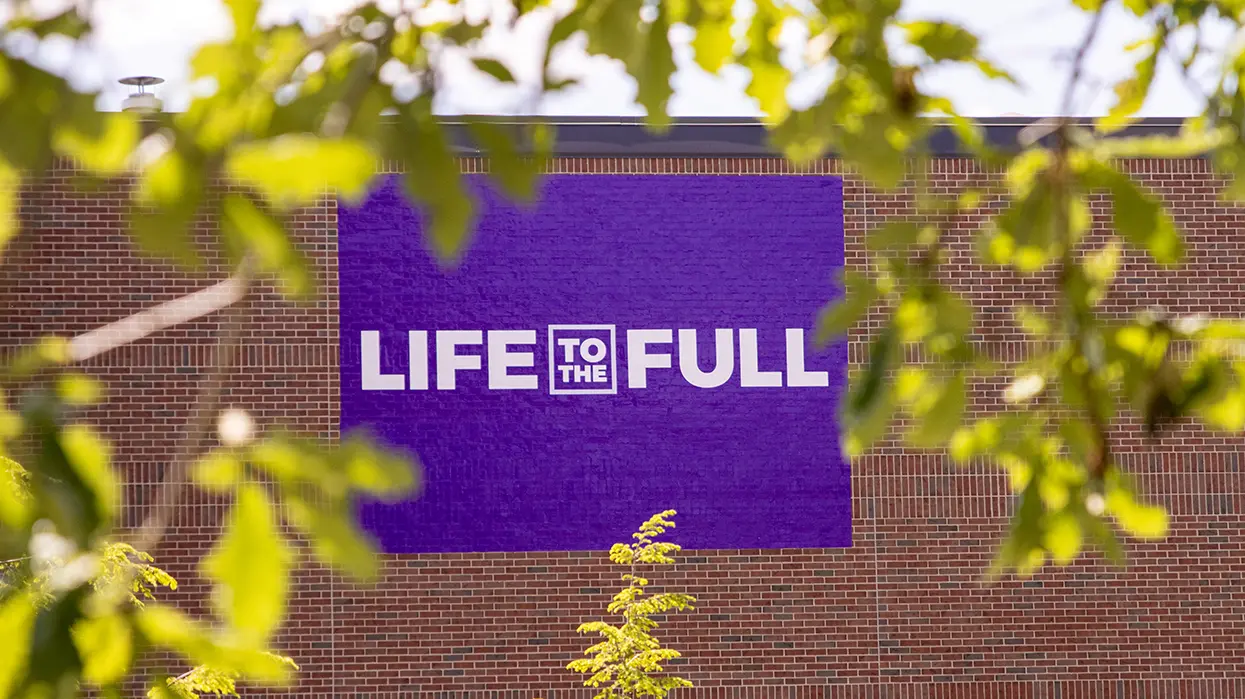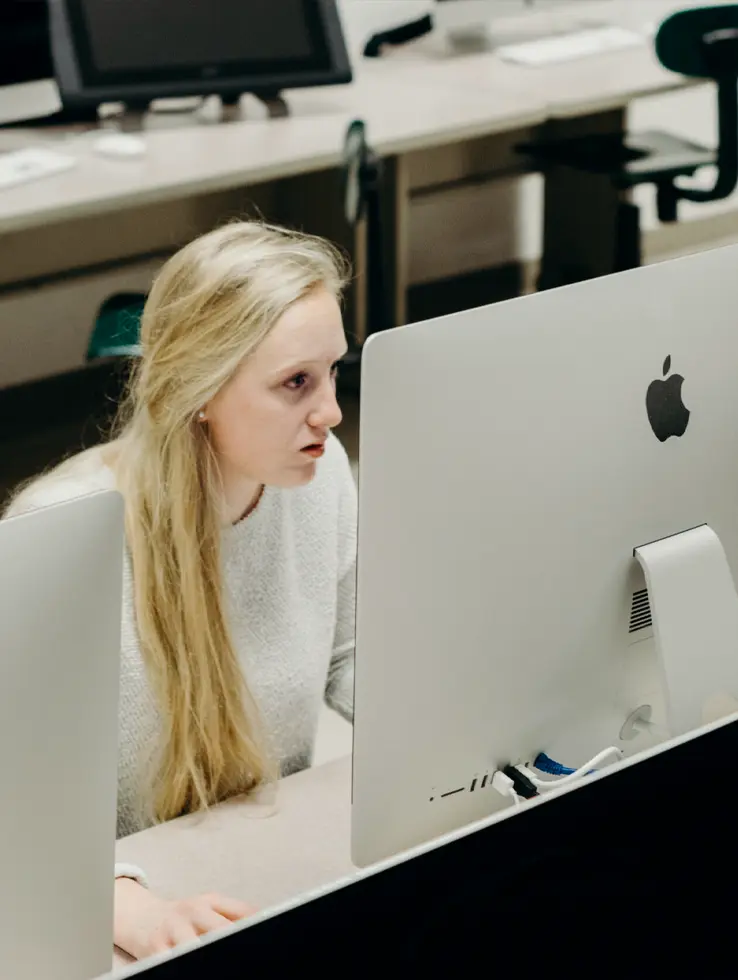The Computer Engineering Faculty has adopted engineering criteria (1) through (7) for student outcomes, as expected from the Engineering Accreditation Commission of ABET, in addition to criteria (8) which focuses on spiritual growth.
Students will gain an ability to identify, formulate, and solve complex engineering problems by applying principles of engineering, science, and mathematics.
Students will gain an ability to apply engineering design to produce solutions that meet specified needs with consideration of public health, safety, and welfare, as well as global, cultural, social, environmental, and economic factors.
Students will gain an ability to communicate effectively with a range of audiences.
Students will gain an ability to recognize ethical and professional responsibilities in engineering situations and make informed judgments, which must consider the impact of engineering solutions in global, economic, environmental, and societal contexts.
Students will gain an ability to function effectively on a team whose members together provide leadership, create a collaborative and inclusive environment, establish goals, plan tasks, and meet objectives.
Students will gain an ability to develop and conduct appropriate experimentation, analyze and interpret data, and use engineering judgment to draw conclusions.
Students will gain an ability to acquire and apply new knowledge as needed, using appropriate learning strategies.
- Student Outcome #8: 2 Timothy 3:17
Students will gain an ability to demonstrate Christian servant-leadership by practicing spiritual disciplines and redemptive community service. This is honed through the development of personal knowledge, skills, habits, and relationships that enable Christian Growth and active involvement in service to Christ and His Kingdom.

